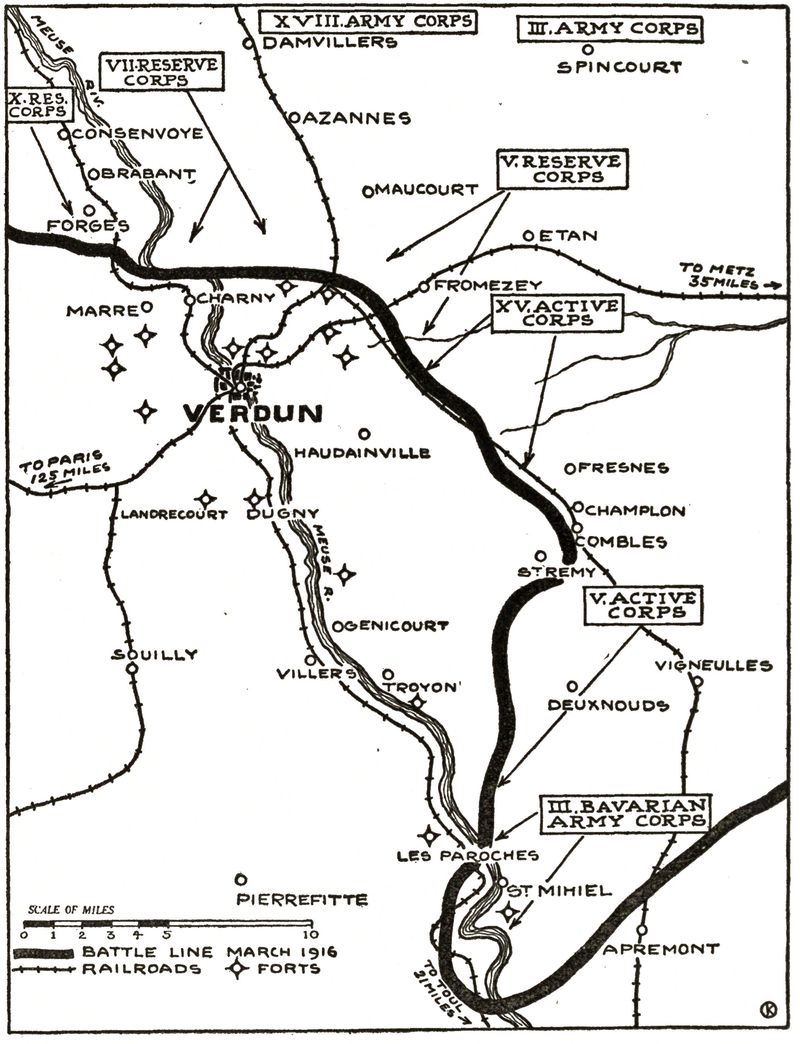To stir the pot/further discussion:
More notes from the Hunno-Gothic TL:
The primary regional political unit in the HGE is the stem duchy, which are basically Germanic tribes that are more formalized/structured. These stem duchies are largely structured along clan lines (which should be noted are not undermined by the Church’s rules on cousin-marriage: thus the Germanic/North European people retain strong clan identities like the modern Middle East), and with no late Roman proto-feudalism to copy from, OTL feudalism is supplanted by a sort of patron-client relationship which is ~kinda~ feudalistic, in that the people lower down pay their higher-up taxes and other such homage, but are functionally free.
This has a number of major knock-on effects. This massive body of free peasantry is much more mobile, resulting in higher urbanization rates as peasants move to the cities in search of work/easier lives and an accelerated process of east-settling as free peasants migrated eastward to settle underpopulated lands. This free peasantry also has a much greater deal of buying power than their serf counter-parts, and the combination of a large empire with free internal trade, a large food surplus and a population with high buying power results in a period of increasing trade and subsequently increasing urbanization: these two factors combined give rise to a significant trading/crafting middle class.
This middle class is a natural ally of the central state, as it benefits from internal stability and cohesion which is threatened by the aristocracy’s attempts to reduce central power, and given trends in similar OTL circumstances I imagine there is significant overlap between the middle class and the state bureaucracy, as they can afford the education needed to do those jobs and don’t see it as a downgrade like much of the aristocracy would. The end result is that trading cities become bastions of support for the central government in opposition to the more rural regions: I imagine this goes a good way to ensuring the survival of the HGE by creating population centers dependent/allied with the central state, counterbalancing the centrifugal efforts of the landed nobility.
This trading class is also a vector for soft power, with trading networks extending far beyond the HGE’s frontiers spreading Gothic culture and Arian Christianity in a manner roughly analogous to how Hindu-Buddhism or Islam spread via trade in Asia and Africa--basically, local chiefs convert for prestige/ease of trading and influence spreads throughout society from there. As the Baltic will be the center vector for this trade, I imagine that many of the Norse, Balts and Finns would become at least nominally Arian, with the upper class practicing Arian Christianity and the lower classes practicing a mixture of folk-Christianity and local paganism. Influence in Slavic-speaking regions further east is lesser but still impactful. The environmental/demographic trends that led to the Viking Age still exist, but I imagine that with much more extensive Northern European trading networks a great deal of the raiding is redirected into trading, and with the HGE too strong to be realistically raided, most of the raiding/migration is redirected into the British Isles/Russia. Once the chaos dies down, I imagine a string of tributary/vassal/ally chieftains dotting the rim of the Baltic, with some isolated trading colonies of Goths in places such as Gotland or the Estonian Islands.
Finally, there’s the church. OTL Arian Christianity seems to have been very disunified, but any HGE emperor with two brain cells to rub together can see its value as a unifying force and a means of ‘othering’ the post-Romans and Suebians so that none of his subject dukes try to break away. With the structure of the Chalcedonian Church and the papacy right next door, it’s rather simple to copy the southerner’s notes and use them in the HGE. The ‘head’ of the Arian Church is the Bishop-of-Bishops in Regensburg, who is elected by his fellows but presides at the discretion of the emperor: beneath him is a network of bishoprics that are organized to cross as many ducal lines as possible to prevent any of the dukes from using them as a power base, and below that the individual churches. As many Early Medieval states did OTL, the church is effectively welded to the bureaucracy, with many priests acting as functionaries and helping to keep the state running. With the Arian Church a caesaropapist organ, missionary efforts are encouraged as a way of bringing peripheral states into line with Regensburg.
On a final note, the combination of a semi-meritocratic church/bureaucracy drawing from all parts of the HGE, a powerful and widespread trading class (copying elite culture as trading classes are want to do), an increasingly centralized state because of the above and a migration of peasantry into (relatively) empty lands are all factors that push for the creation of a new, pan-imperial identity, likely centered on Arian Christianity and some sort of ‘Imperial Gothic’ language, and while regional identities remain strong they are gradually worn away over the generations. In short, with an increasingly culturally unified populace and most of society having an interest in preserving the HGE, I see the foundations for a dynastic cycle a la Persia or China. The Attilids are extinct? Long live the Balti.
Thoughts?


